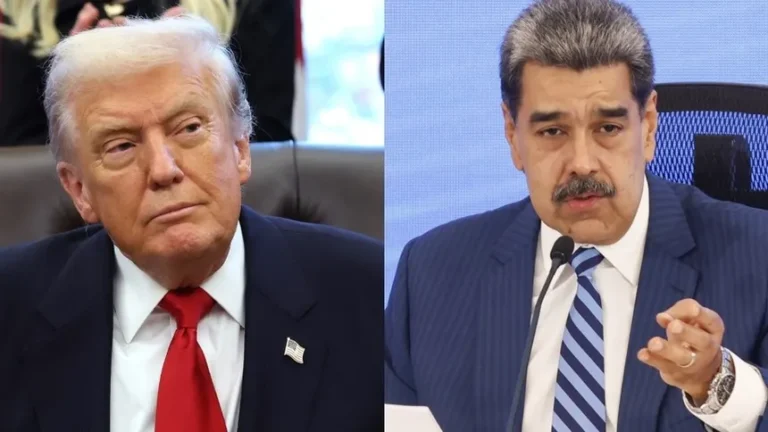
Governor Brad Little is highlighting significant state investments in education as his administration moves forward with a controversial school choice law. Speaking at public events in Boise and Nampa, the governor described the increased education funding and $400 million in tax relief passed during the 2025 legislative session as key accomplishments of his tenure.
State funding for public schools has grown 60% since Little took office. He described support for public education as both a constitutional duty and a moral imperative, aiming to improve outcomes while ensuring fiscal responsibility.
The recently signed school choice legislation, however, has drawn criticism. The law enables parents to claim up to $7,500 in tax credits for education-related expenses such as tuition and textbooks at non-public schools. The measure passed despite strong opposition—over 86% of the 37,000 messages received by the governor’s office urged a veto. Nonetheless, Little defended the bill’s emphasis on disadvantaged families and safeguards against misuse, including fraud oversight mechanisms.
In Nampa, Little also reflected on the state’s tax strategy. While praising annual tax cuts since taking office, he expressed concern about sustaining those reductions if economic conditions shift. He noted that the Legislature’s $400 million tax relief package exceeded his proposed $100 million, and emphasized the importance of maintaining reserves to support future education spending.
Federally, House Republicans are considering major reductions to Medicaid and SNAP benefits, prompting concern from Little about their impact on Idaho. He plans to advocate in Washington, D.C., this week, emphasizing Idaho’s efficient program management and low fraud rates.
Idaho is also preparing for major changes to its Medicaid system following the passage of House Bill 345. The legislation will shift the state to a third-party managed care model and impose new work and volunteer requirements. The transformation is expected to be a multi-billion-dollar effort.
As Idaho implements the new education tax credit program, families will be eligible to apply starting January 15, 2026, with priority given to low-income households and those previously receiving the benefit.




